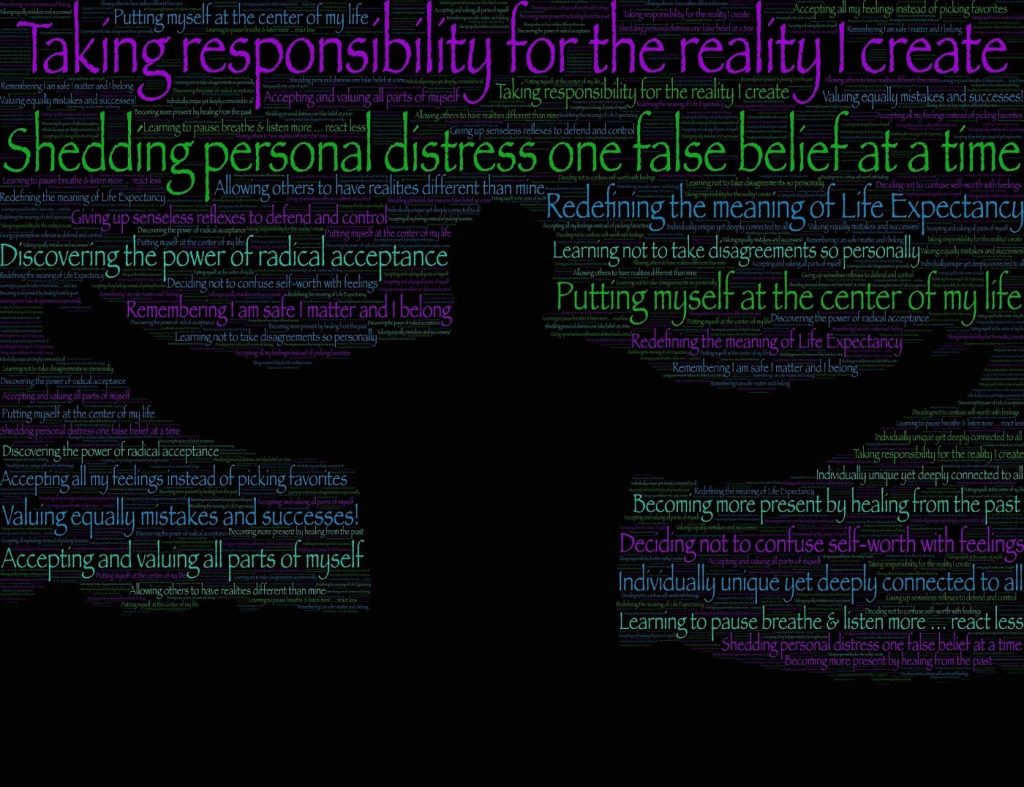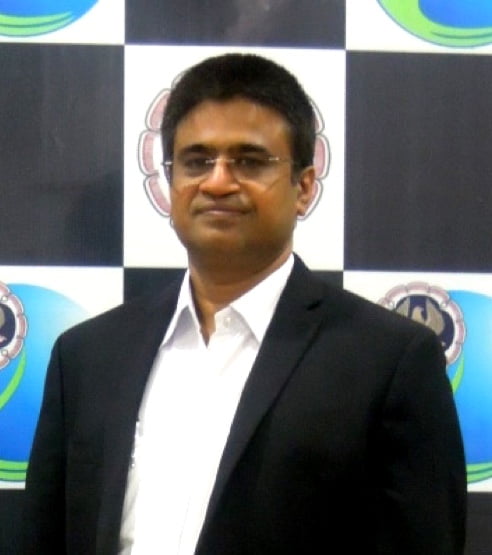Evaluation of any concept or person is always done on the basis of assessment, inspection, and survey.
Assessment means – What kind of concept/object/person is it?
Observation means – What is its purpose?
Survey means – How much is its quantity or what is its extent?
An object cannot be evaluated without its assessment. Likewise, we cannot evaluate ourselves and other people without assessing. Self-evaluation is possible only through self-examination. The same rule is applicable when evaluating others.
Self-inspection is a matter of understanding our usefulness, our purpose in life. Purpose is the complementarity. Without understanding our own utility and complementarity (purpose), we cannot explain it to others. If we have no purpose then it’s all hypocrisy. And, if there is hypocrisy, it is harmful to humanity.

The difference between evaluation and review?
What is unnecessary is the opposite of complementarity-utility and it is always reviewed.
What is necessary is in accordance with complementarity-utility and it is always evaluated.
If we do not review what is not needed, then how will redundancy be reduced? In the same manner, if we do not evaluate what is needed, how will we encourage ourselves for what is right? Thus, evaluation and review both are essential.
If we address only what is necessary while failing to review what is unnecessary and hide our mistakes then it is a great crime. Even a minute mistake should be revealed. Revealing means making the person aware of his/her mistake and not publicizing it. There is no point in publicizing the mistakes of others.
Why is it wrong to only encourage what’s right while avoiding discussing the mistakes?
Whoever commits a mistake, is not aware that he is making a mistake and he considers his mistakes to be the right action. Therefore, when the person is only motivated and he is not told about his mistakes, he thinks he is being encouraged to do whatever he is doing. Now, we can try as much we like, it will not bring any transformation. How will his mistake be rectified? While evaluating someone, let him know his mistake, then also tell him what is right and how he can easily do it.



